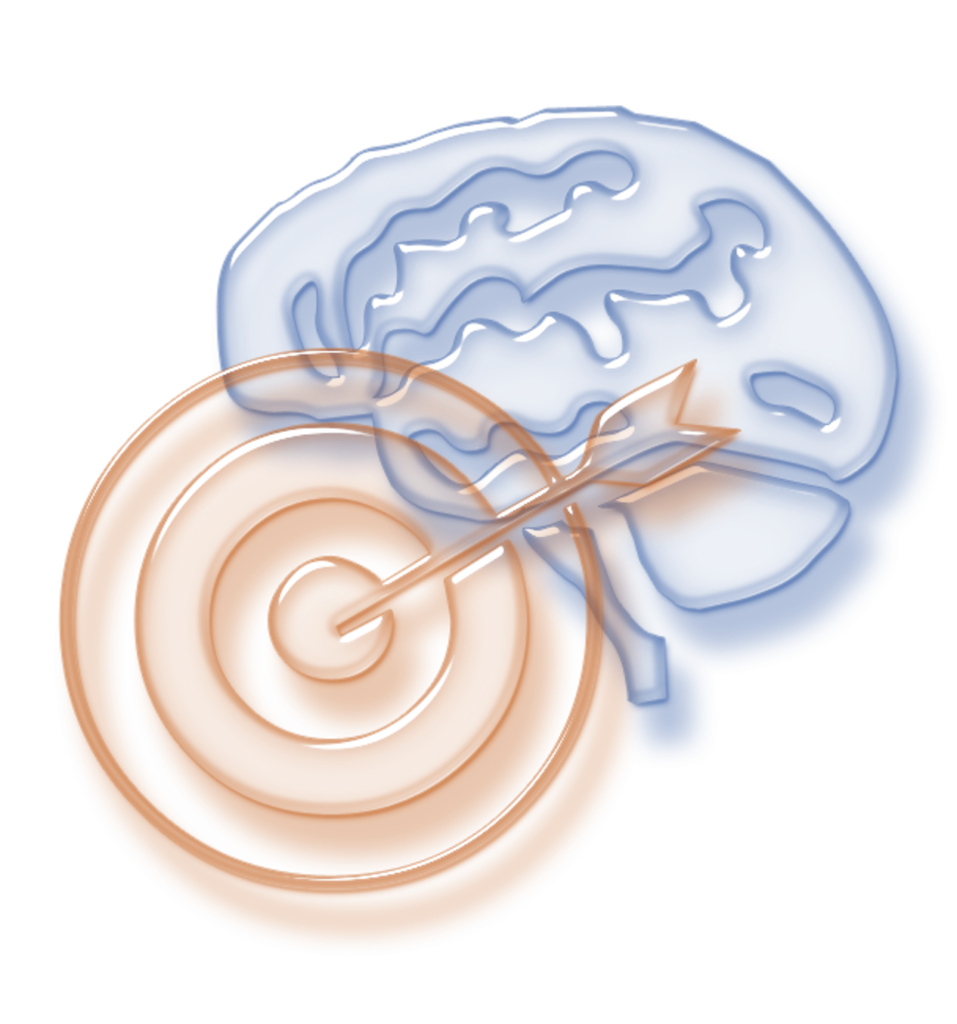No one doubts we are fully immersed in the Age of Information. A few years ago, David Russell Schilling (@davidrschilling) reported, “Buckminster Fuller created the ‘Knowledge Doubling Curve’; he noticed that until 1900 human knowledge doubled approximately every century. By the end of World War II knowledge was doubling every 25 years. Today things are not as simple as different types of knowledge have different rates of growth. For example, nanotechnology knowledge is doubling every two years and clinical knowledge every 18 months. But on average human knowledge is doubling every 13 months.”[1] He went on to note that some analysts are predicting the emergence of the Internet of Things (IoT) will result in knowledge doubling every 12 hours! Schilling may be equating knowledge to data; which are very different things. Knowledge comes from analyzing data. Keeping up with all the new data being generated has been humanly impossible for years. With the maturation of artificial intelligence (AI) and cognitive computing systems, insights locked inside massive amounts of data can now be discovered in near-real-time. This is important for businesses wanting to enhance their targeted marketing efforts and get more bang for their buck.
Targeted Marketing and the Digital Path to Purchase
Today’s consumers have myriad ways to obtain products they desire. Increasingly, however, they are using the digital path to purchase whether they shop online or in a traditional brick-and-mortar store. Moazzam Kamran, Global Head of Marketing at Avanza Solutions, explains, “We are officially on the path to cognitive systems that will — if used properly — open the door to much greater progress and efficiency. One way that business could lead in the use of cognitive systems is by looking at our consumer interaction points. Technology has changed the way consumers interact with businesses, from a single brick and mortar touch point to multiple touch points including but not limited to the Internet, Telephony, Branch, ATM, Mobile, etc., the list goes on. Businesses have opened up the window on how they engage with individuals.”[2] Mobile technology — especially the smartphone — is having the greatest impact on the digital path to purchase. This is good for marketers because mobile interactions generate data that help marketers better understand the audiences they are trying to target.
Targeted Marketing and Cognitive Technology
Because information is locked within mountains of data, advanced analytics are required to unlock it. Today’s cognitive computing systems, like the Enterra Enterprise Cognitive System™ (ECS) — a system that can Sense, Think, Act, and Learn® — are all capable of performing advanced analytics. And those analytics are having an impact in the marketing area. Chantal Tode explains, “The question of whether marketing is more science or art has never seemed more relevant now that highly sophisticated cognitive learning technology is able to assume many of the tasks involved in marketing — in some cases, even doing them better than a human could.”[3] I believe cognitive technologies will enhance rather than replace creative marketers. Cognitive analytics will provide clearer insights into behaviors and intentions of targeted audiences helping marketers provide consumers with a better shopping experience. Vernon Vasu (@vernonvasu), CMO at ReFUEL4, reports, “Advertising agencies that use AI, machine learning, and image recognition are hyper-targeting consumers by learning their interests and tastes.”[4] Vasu agrees with me that cognitive technologies are more likely to augment than replace marketers in the years ahead. “While AI can be used to analyze more data than a human ever could,” he writes, “human creatives understand nuance, cultural references, subtlety and sarcasm much better than a robot can.”
Nikki Gilliland discusses some conclusions drawn from an eConsultancy report entitled Marketing in the Age of Artificial Intelligence.[5] She notes the report predicts various ways cognitive technologies will impact consumers. They include:
1. Reducing the clutter of choice. “As well as making things more complicated for marketers, the appearance of multiple social channels has led to a non-linear and fractured path to purchase. From researching products to comparing reviews, consumers are now faced with an overwhelming amount of information and choice. Consequently, AI can be used to help to narrow down the decision-making process. By finding patterns in large datasets, it can potentially provide consumers with the answers they’re looking for. While it’s easy to assume that taking away choice would be a negative thing, research suggests that in mundane circumstances, this can leave us with energy for more important decisions.”
2. Providing relevant products. “With such a vast array of brands to choose from, the control is now in the hands of the consumer. As a result, contextual factors are incredibly useful for engaging customers and driving loyalty, and AI is the easiest and fastest way to do this. By analyzing factors like weather, location, age and gender — product recommendations can become even more personalized and relevant to the individual consumer.”
3. Speeding up the supply chain. “One of AI’s most significant features is its ability to predict future behavior based on what it’s already seen. This is becoming increasingly relevant as brands attempt to meet customer demands for fast and even same-day delivery. We’ve already seen the likes of Amazon Prime Now utilize AI technology to facilitate ‘anticipatory shipping’, and this looks set to become all the more common in future.”
4. Enhancing communication with brands. “As well as the customer’s expectations for delivery, it also applies to a growing desire for instantaneous and one-to-one communication with brands. This is where chatbots come in. Taking away the need to deal with customer-service staff, and meeting the consumer desire for a text-based service, automated chatbots can deliver easier, faster and more contextually relevant communication. With an estimated 2.5bn people using at least one messaging app, chatbots also enable brands to enter into the one area that has so far eluded them — dark social.”
5. Greater understanding of customers. “Data doesn’t just relate to what products customer are buying and where. Now, with personalization at the heart of every consumer experience, brands are looking towards social media platforms to discover insight into every day trends and topics. Facebook’s AI engine, Deep Text, is built to understand the meaning and sentiment behind everything posted on the platform. In turn, it can surface content that is of interest to the user. Of course, there must be balance, as brands run the risk of alienating consumers if they impose too much control over decision-making.”
Cognitive technologies are able to provide these benefits because they can gather, integrate, and analyze both structured and unstructured data.
Conclusions
Vasu concludes, “The amount of analytical data available to advertisers is staggering. Advanced AI can help make sense of the madness — and predict performance. This process makes the design process a learning experience with optimized creativity and room for improvement. Advertisers can anticipate campaign performance to improve up to three or four times, depending on parameters. When AI and humans work as a design unit, both end up doing what they do best! AI sorts through millions of data points to draw accurate and manageable conclusions — leaving the creativity to us.” Targeted marketing in the age of smart machines can improve the consumer’s shopping experience or — taken too far — can creep them out. That’s where the human touch is absolutely essential.
Footnotes
[1] David Russell Schilling, “Knowledge Doubling Every 12 Months, Soon to be Every 12 Hours,” Industry Tap, 19 April 2013.
[2] Moazzam Kamran, “How Intelligent Platforms Will Reshape Customer Engagement,” business.com, 24 December 2016.
[3] Chantal Tode, “How artificial intelligence is transforming marketing,” Marketing Dive, 7 November 2016.
[4] Vernon Vasu, “Smarter Advertising with Artificial Intelligence,” MarTech Advisor, 9 September 2016.
[5] Nikki Gilliland, “Five ways Artificial Intelligence can help marketers enhance the customer experience,” eConsultancy Blog, 15 August 2016.





